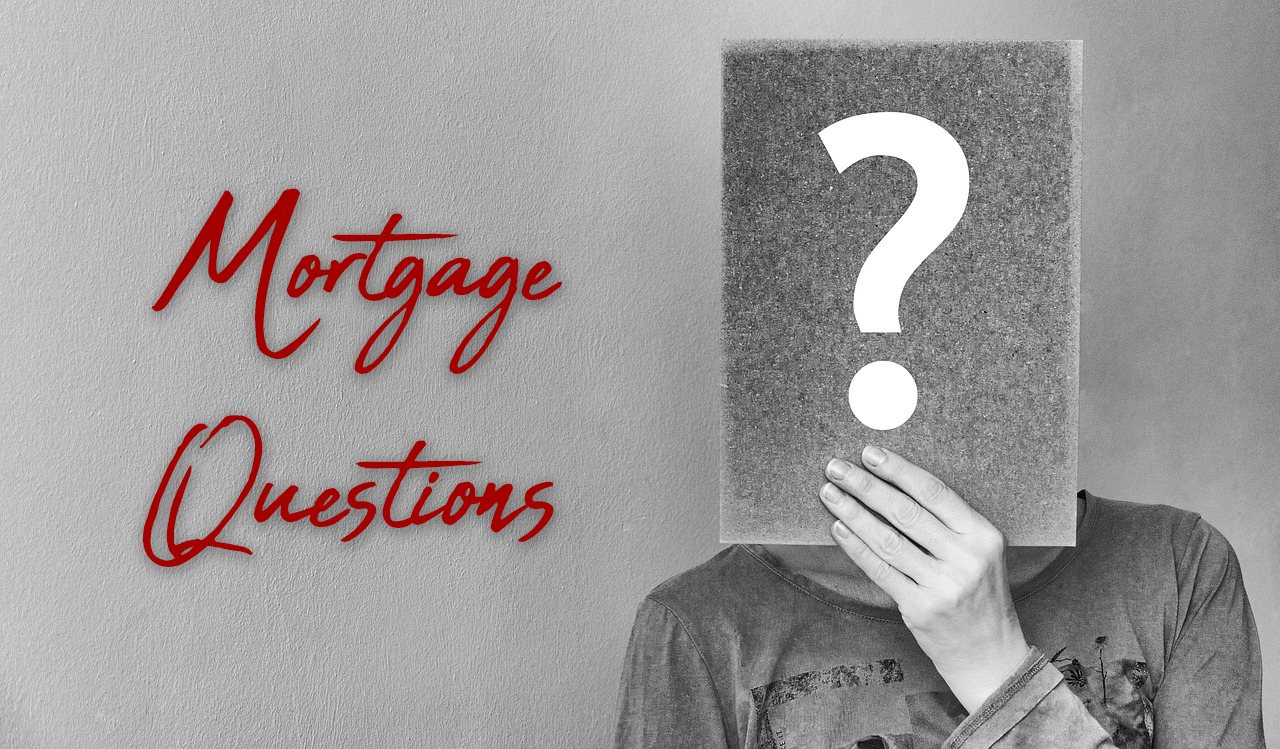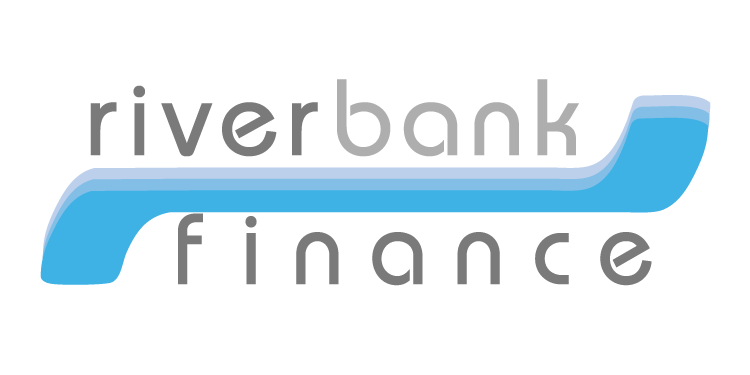
For some, buying a home can be a scary experience, but it doesn’t have to be. The first step of the homebuying process should be to do research. Researching is one of the most important things that future homebuyers could and should do. Here are some commonly asked questions about mortgages and the homebuying process.
1. Am I able to get a mortgage if my credit is not that great?
Even if your credit score is not the greatest you may still be able to qualify for a loan. Having a higher credit score is beneficial though as it allows for buyers to get better interest rates. This saves them from paying thousands of dollars more than someone who has a low credit score. The minimum credit score for conventional loans is 620, while the minimum score that the FHA, VA Loan, and USDA Mortgage will allow is 620. That being said, lenders have their own minimum scores that they will accept.
2. What type of home loan is best for me?
It all depends on your situation. If you have a high credit score and money for a down payment, conventional would probably be a good choice for you. At Riverbank Finance, we have loan options that will pay up to 2% of the 3% down payment requirement if the client has a credit score of 720 or higher for conventional loans. This is great because then it means you only have to put 1% down on your home.
If your credit score is between 620 and 720, the down payment can be as low as 3%. If your credit score is not that great, a FHA loan would probably be the best for you, but you will need a 3.5% down payment. A USDA loan is great for those who are looking to live in a rural area and want to put zero down. Veterans can apply to get a VA loan which is also zero down.
Related: Michigan Down Payment Assistance Program
3. How do I get pre-approved for a mortgage?
Call up Riverbank Finance today if you are looking to get pre-approved. Our loan officers will be able to tell you over the phone whether or not you are pre-approved. You will be asked about your income, available assets, current debts, employment, details about the property, and credit. It is beneficial to get pre-approved because it not only lets the seller know that you have a lender ready to work with you, but it also tells the seller that you are a serious bidder.
4. What documents are required for a home loan?
Typically, you be required to send in the following documents:
- Driver’s License
- Social Security Card
- 1 Month Worth of Paystubs
- 2 Years of Most Recent W2s
- 2 Years of Most Recent Tax Returns (if self-employed or commission)
- 2 Months Bank Statements
- Most Recent Quarterly Retirement Statement
- Home Owner Insurance Quote
- Purchase Agreement
Once your file is in processing you will be asked for additional documents specific to your situation.
5. Should I buy mortgage discount points?
That depends on your situation. One point usually costs about 1 percent of the mortgage and usually reduces your interest rate by 0.25 percent. Sometimes it does not make financial sense to buy points. Especially if you do not plan to live in the house for that long of a time. It can take a long time to make up the expenses that it cost to buy the points. If that is the case, then buying points may not be so beneficial for you. On the other hand, if you plan on keeping the property for a long time then buying the points can potentially save you thousand of dollars in interest.
6. How much do I have to pay for closing costs?
Closing costs will vary for each loan. They could range anywhere from 0 to 5 percent but usually average to about 2 to 5 percent of the purchase price. Closing costs typically include fees from title insurance, property taxes, mortgage application fees, and homeowners insurance. If you ask for seller’s paid concessions that can cut down on the amount of closing costs that you need to pay.
7. How long does it usually take to close?
At Riverbank Finance, we aim to close our loans within 20 to 30 days. The industry average time to close a mortgage is currently around 43 days according to the Ellie Mae mortgage survey. The amount of time can vary though depending on your situation. It is important to keep in touch with your loan officer and processor though the whole course of the loan. It is also extremely important to get the additional documents that are asked for in order to keeping the loan moving.
8. What does the process look like?
First, your loan officer will take you through the pre-approval process listed above. Your loan officer will then help you complete a loan application. After you are pre-approved or if you are pre-qualified you will be asked to send in your official documents. Your loan officer will check these over and make sure that they match up to the information given early.
After you have sent in a purchase agreement your loan will go into processing. You and your loan processor work together to send in the additional documents that the underwriter asks for in your conditional approval. Once all of these conditions are met your loan can be scheduled to close.
If you have any additional questions, please call Riverbank Finance at 800-555-2098 and ask to speak with one of our loan officers. Or sign up on our website. Remember the homebuying process does not have to be hard if you do your research up front!

 800-555-2098
800-555-2098

